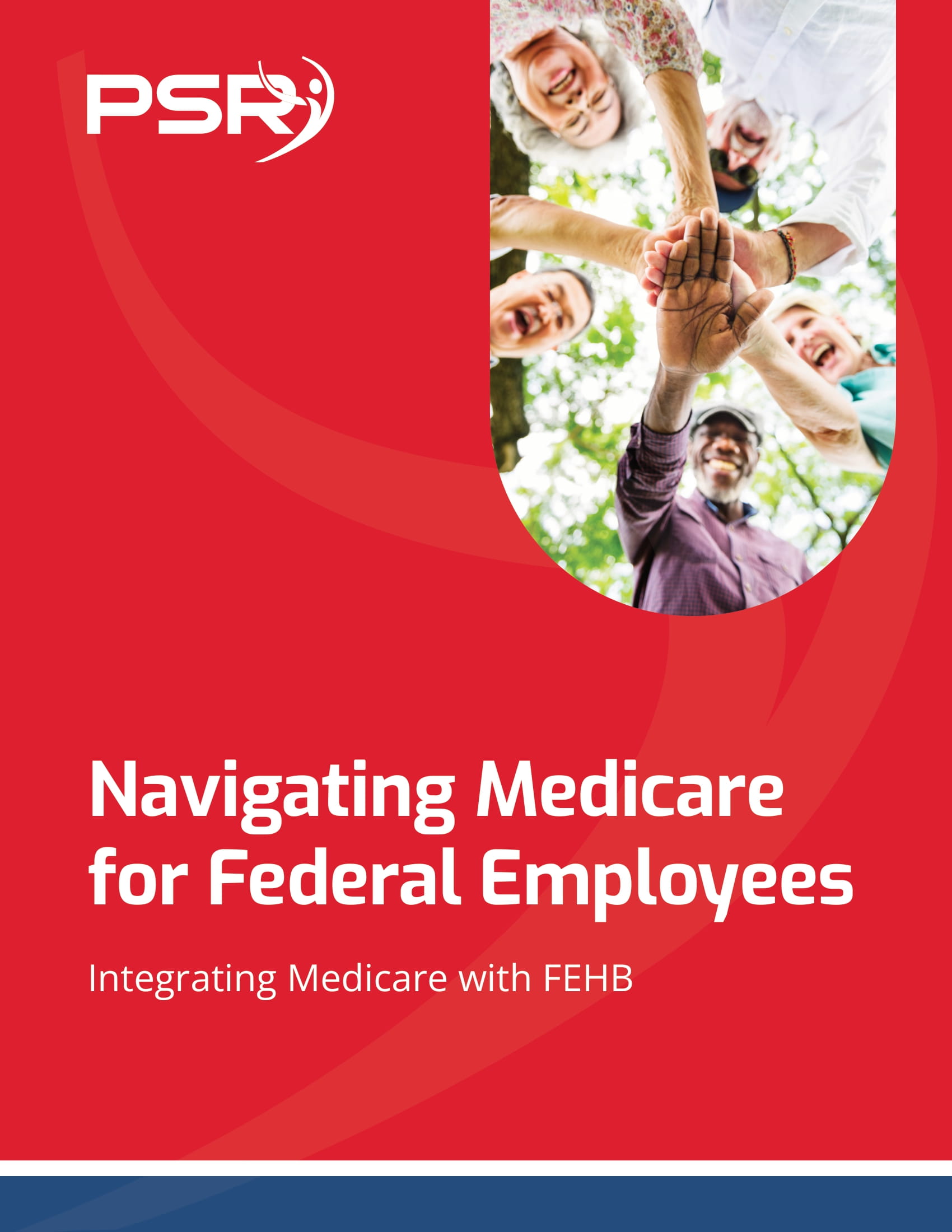Medicare enrollment can be challenging, and late enrollment fees may apply if it is not completed by that time. Around 776,200 Medicare beneficiaries in 2020 paid late enrollment fees for Medicare Part B. This is 1.4 percent of all beneficiaries. As a result, the Medicare Part B monthly rates for these late enrollees in Part B are, on average, 27 percent higher.
The Initial Enrollment Period (IEP), Special Enrollment Period (SEP), and General Enrollment Period (GEP) are the three enrollment periods available to eligible individuals.
The article examines the three enrollment windows.
1. Initial Enrollment Period
- Also Read: Divorce and Your Federal Pension—What Happens When You Split Assets and How It Could Affect Your TSP
- Also Read: What Happens to Your Federal Benefits After Divorce? Here’s the Lowdown
- Also Read: The Best FEHB Plans for 2025: Which One Fits Your Lifestyle and Budget the Best?
Each IEP for a Medicare beneficiary is distinct. When the beneficiary turns 65 will determine the IEP. For instance, the IEP would start on July 1 and expire on January 31 if the beneficiary turned 65 on October 15.
It should be noted that Medicare, like Social Security, considers a person “of age” as of the day before their birthday. In the previous example, the person who turns 65 on October 15 will be regarded as such by Medicare on October 14.
However, if a person’s birthday falls on the first day of any month, that person is deemed to have turned 65 on the last day of the preceding month, and an extra month is added to the start of their IEP. For instance, if a person’s 65th birthday is on October 1, their IEP would start on June 1 and terminate on July 31.
Whether a person enrolls in Medicare during the three months before turning 65 or during the month they turn 65, Part A coverage begins on the first day they turn 65. Until December 31, 2022, the start date for Part B coverage for this group varies depending on when they file their application, from the month after they become 65 to as long as six months after they turn 65.
Starting on January 1, 2023, if a person enrolls in Medicare during the month they turn 65, or during the final three months of their IEP, their Medicare Part B coverage will start on the first day of the following month.
The IEP and the start date of Medicare Part A and Part B coverage are shown in the chart below:
The start of a person’s Part B coverage may be postponed if they are eligible to enroll in Medicare Part B but choose not to do so initially. Additionally, as long as they are Part B enrollees, they might have to pay a higher monthly premium. The person’s monthly premium will rise by 10% for each 12-month period during which they were qualified for Part B but did not enroll. If a person is eligible for an SEP, there won’t be a late enrollment fee.
2. Special Enrollment Period
Those who don’t sign up for Medicare Part B during their IEP have another opportunity to do so during the SEP, which is held every year between January 1 and March 31. When they turn 65, federal employees enrolled in an FEHB program health plan and still employed by the government are exempt from signing up for Medicare. Since there is no Medicare Part A fee, some workers sign up for it when they turn 65. Due to the needed monthly Medicare Part B premiums, these identical employees opt not to participate in Medicare Part B.
However, once these workers leave the federal government, they must enroll in Medicare Part B within the employee’s SEP to avoid a late enrollment fine.
The SEP for a retiring federal employee who has FEHB health insurance and has worked past the age of 65 is eight months beginning on the employee’s retirement effective date. The first day of the month after the month an employee retires is the effective date of retirement for the majority of government workers.
Suppose a federal employee enrolled in an FEHB program quits from government employment after turning 65 and enrolls in Medicare Part B during their SEP. In that case, their Medicare Part B coverage will start the month after they do so.
3. General Enrollment Period
People who did not apply during their IEP or SEP are eligible to enroll during the GEP. The GEP is held every year, before January 1 through March 31. According to existing regulations, everyone who enrolls in Medicare Part B during a GEP will have their coverage begin on July 1 of the following year.
Beginning January 1, 2023, people who apply for Medicare Part B through the GEP will begin receiving coverage for that part of the program on the first of the month following the month they submit their application.
Contact Information:
Email: [email protected]
Phone: 9568933225
Bio:
Rick Viader is a Federal Retirement Consultant that uses proven strategies to help federal employees achieve their financial goals and make sure they receive all the benefits they worked so hard to achieve.
In helping federal employees, Rick has seen the need to offer retirement plan coaching where Human Resources departments either could not or were not able to assist. For almost 14 years, Rick has specialized in using federal government benefits and retirement systems to maximize retirement incomes.
His goals are to guide federal employees to achieve their financial goals while maximizing their retirement incomes.












